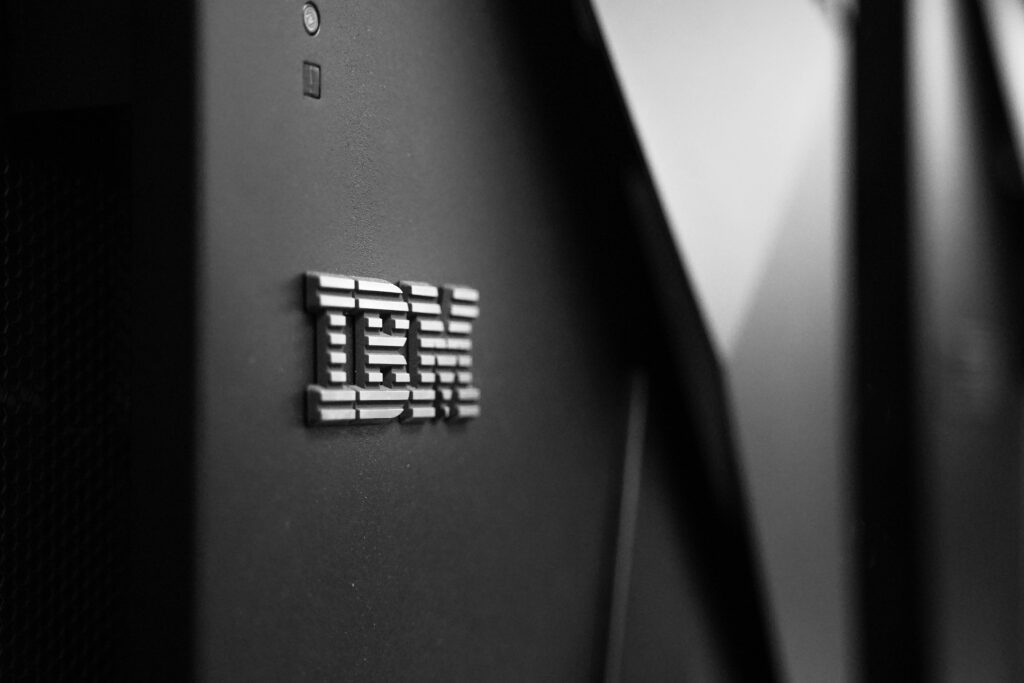Navigating the Challenges of Start-Up Growth: Strategies for Scaling Smartly
Scaling a start-up is an exciting yet daunting journey. As entrepreneurs transition from initial launch to growth, they face a myriad of challenges that can either propel them forward or hinder their progress. Understanding these challenges and implementing effective strategies can ensure sustainable growth without compromising the core values that define the company. Understanding the Start-Up Growth Challenge Start-ups often experience significant hurdles during their growth phase, such as market competition, operational inefficiencies, and resource management. Many founders grapple with the dilemma of scaling too quickly or too slowly. While rapid growth can lead to substantial market share, it can also result in burnout and resource depletion if not managed properly. Conversely, slow growth may cause missed opportunities and loss of competitive edge. 1. Timing is Everything Identifying the right moment to scale is crucial. This involves recognizing key performance indicators (KPIs) such as revenue growth, customer acquisition rates, and market demand. Before making the leap, ensure you have a solid customer base and consistent revenue streams. A common mistake entrepreneurs make is assuming that initial success equates to readiness for scaling. Conducting market research and analyzing customer feedback can provide valuable insights into your readiness to expand. 2. Building a Strong Team The foundation of a successful scale-up lies in having the right team. As your start-up grows, it’s vital to hire individuals who align with your vision and culture. Seek out talent that not only brings expertise but also shares your passion for the mission. Establish a robust onboarding process and foster an inclusive culture that encourages innovation and collaboration. A motivated and aligned team will drive growth and enhance productivity. 3. Streamlining Operations Efficiency is key to scaling. Review your operational processes and identify areas for improvement. Automating repetitive tasks and investing in technology can significantly reduce time and costs. Tools such as project management software can streamline workflow and enhance communication, allowing your team to focus on strategic initiatives rather than mundane tasks. 4. Prioritizing Customer Experience As you scale, maintaining a high level of customer service is paramount. A loyal customer base will drive referrals and repeat business. Implement feedback loops that allow customers to share their experiences and suggestions. Use this information to refine your products and services continuously. A personalized approach to customer service can set you apart from competitors, even as you grow. 5. Financial Planning and Resource Management Scaling requires adequate funding. Evaluate your financial health and explore various funding options such as venture capital, angel investors, or crowdfunding. Having a well-structured financial plan will guide your spending and help you allocate resources effectively. Ensure you have a contingency plan for unforeseen circumstances, which can provide a safety net as you navigate growth challenges. In Conclusion, Scaling a start-up is an intricate process filled with challenges, but with the right strategies in place, it can lead to remarkable success. By timing your growth correctly, building a strong team, streamlining operations, prioritizing customer experience, and managing finances effectively, you can navigate the complexities of scaling and turn your vision into a thriving business.





